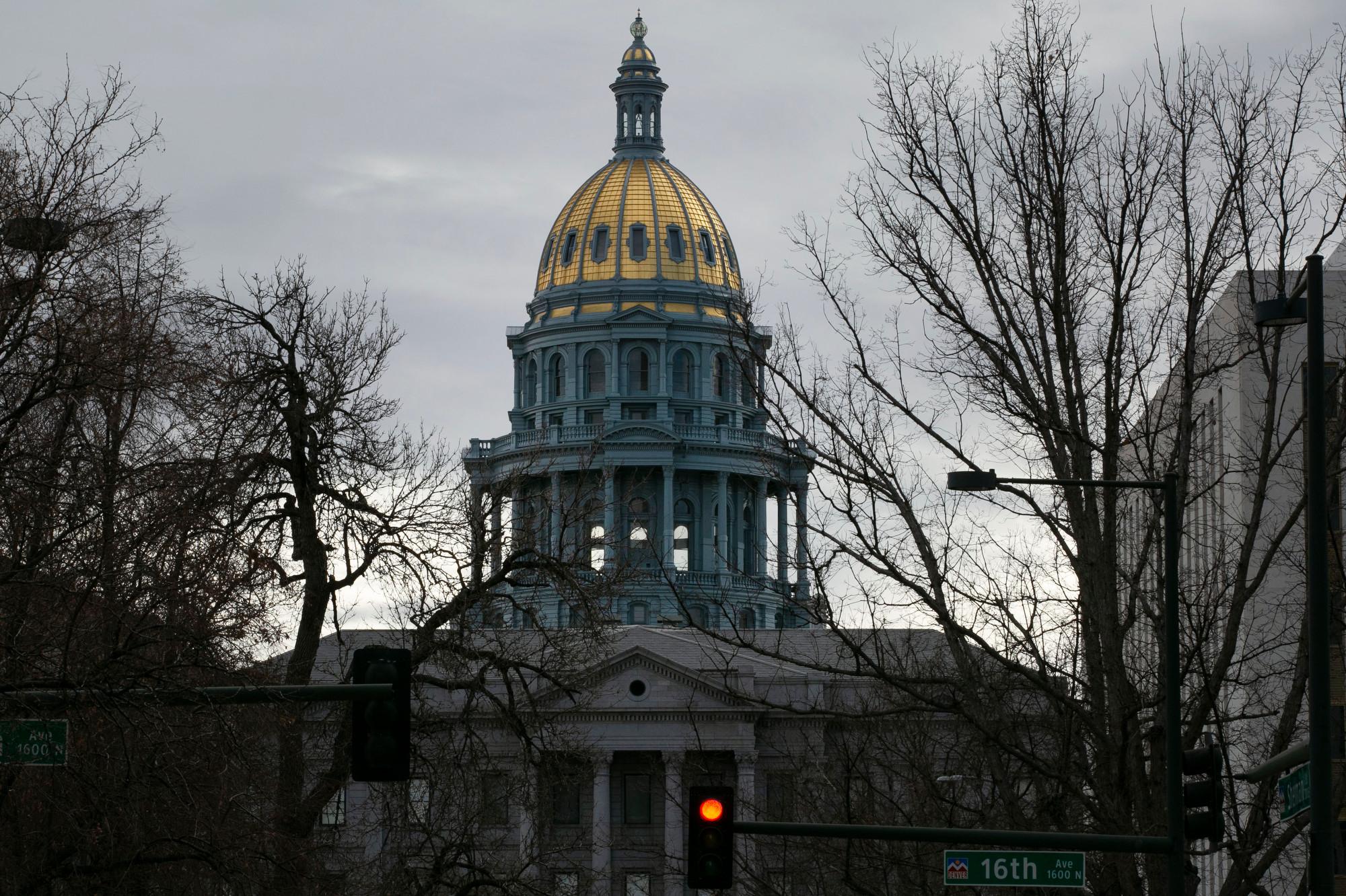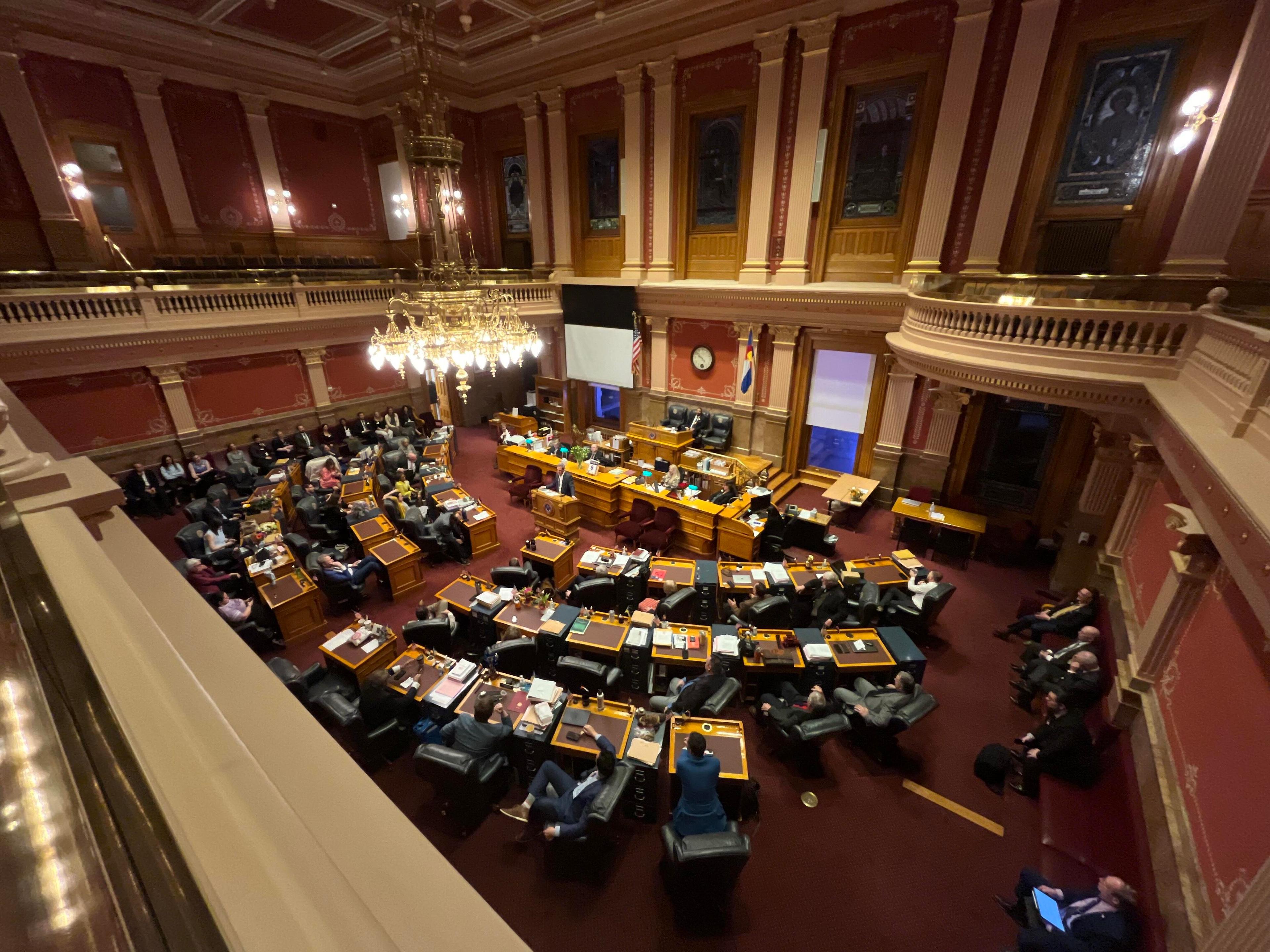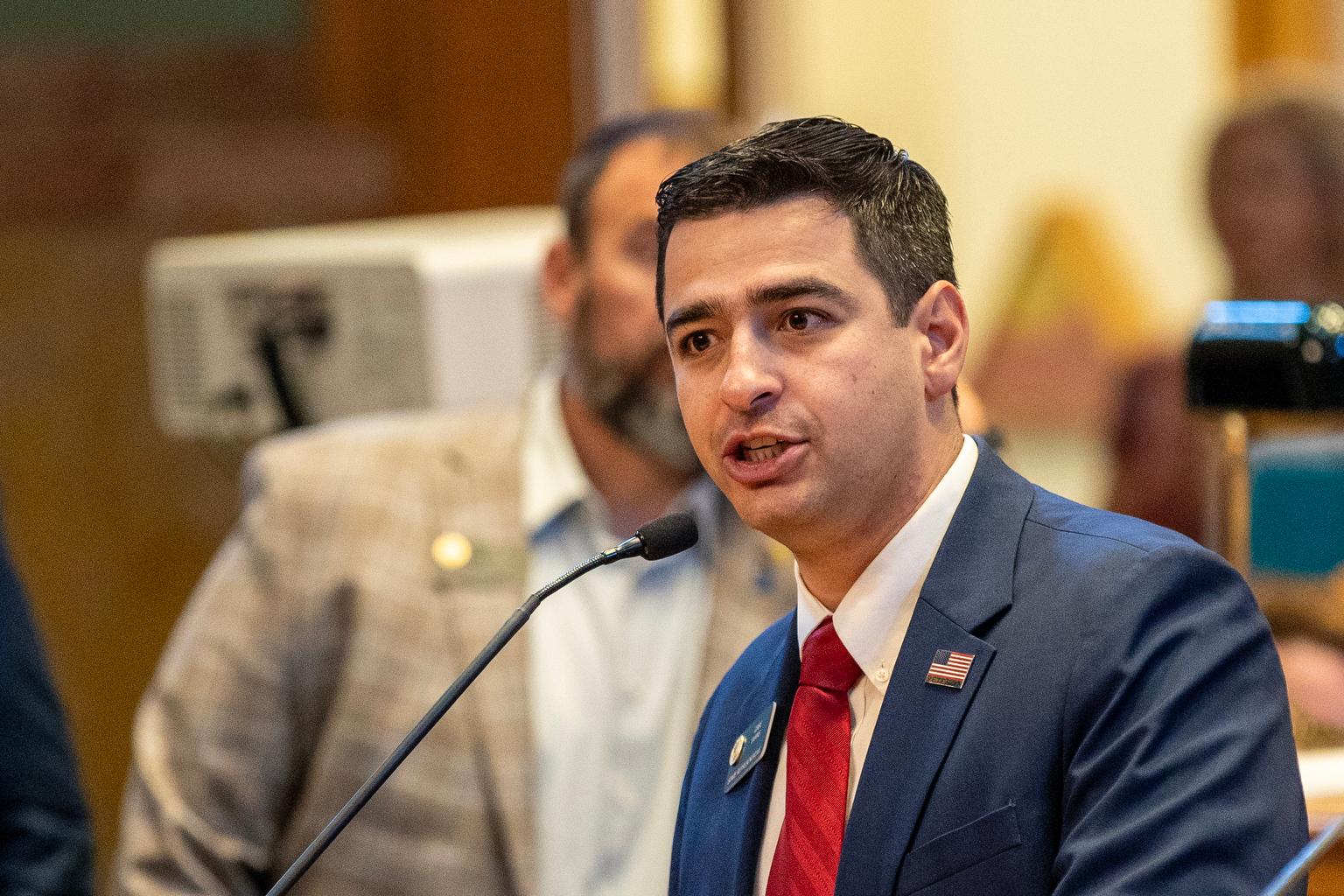
In the years since 2008's Great Recession, lending companies that aren’t regulated by the state government, from Quicken Loans to PennyMac, have come to dominate Colorado's mortgage market.
That lack of scrutiny is about to change. Starting Jan. 1, Colorado's government will finally begin oversight of mortgage providers that operated outside of Colorado banking regulations.
“In Colorado, we’re actually one of the last states to take action to give our state government the authority to oversee these non-bank mortgage servicers,” said Attorney General Phil Weiser. “Most states already have these regulatory oversight in place … And we’ve now addressed that failing.”
Under a new law, HB21-1282, non-bank lenders will be required to register with the state, and the state Attorney General’s Office will be allowed to inspect their records.
Non-bank lenders have come to make up more than half the market, in part, because banks are shrinking their presence in the market, The Washington Post reported. They’ve also been able to grow faster because they don’t face as much oversight from the federal government.
There may be about 125 of these companies operating in Colorado, according to state fiscal analysts.
Non-bank lenders are already covered by federal regulations, but the new state law will allow the state to enforce a matching set of requirements. The companies will also have to pay fees to the states totaling about $126,000 per year for the entire industry.
The goal is to let lenders know that “there’s another set of eyes watching their conduct,” said Rep. Mike Weissman, an Aurora Democrat who sponsored the bill along with Sen. Julie Gonzales. “Where there are bad actors, we think that it’s important there are consequences,” he added.
Weiser said that the new regulations weren’t in response to ongoing bad behavior, instead saying they were preventative.
“I want to start with the mantra of constant vigilance. We don’t want to wait for a problem to develop here,” he said.
Federal regulators have found a number of issues with non-bank lenders. For example, the company Mr. Cooper, formerly known as Nationstar, agreed to refund $90 million to 115,000 customers and pay a $6.5 million penalty after it was sued by the Consumer Financial Protection Bureau for allegedly committing illegal foreclosure, as HousingWire reported.
The attorney general’s office has received about 120 complaints about mortgage companies this year, and most were about non-bank companies, according to spokesman Lawrence Pacheco.









